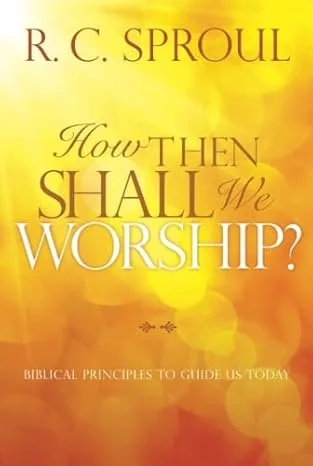
Just as with the issue of instrumentation, there is controversy regarding the issue of singing in worship. The controversy erupts when we ask what types of songs are appropriate for use in the context of worship. Most of us would agree that what we want in worship is good music, not bad music. However, for some people, “good” music means classical and traditional music, while for others it means contemporary music.
It would be the nadir of arrogance to assume that all the good music, the kind that is suitable to be used in the church, has already been composed, and that only the innovations of the past are worthwhile for worship. We can’t determine the aesthetic value of music based upon how long ago it was written or composed. It is also a mistake to think that the only good music is new music, and that if it isn’t new, it isn’t good.
It is instructive to remember that most of the hymns that are now well-received in the church as part of the classic depository of hymnody were considered innovative at one time. In fact, many hymn writers borrowed from the musical styles that were popular in the secular world of their day, put them into a Christian context, and introduced them into the life of the church. In some cases, people raised objections to certain styles of music being used in the church. For instance, one of the most beloved hymn writers in fundamentalist circles, Fanny Crosby, consciously used the musical style that was popular in the bars of her day, and it was scandalous to people. It is an undeniable truth that when musical forms and styles change in the secular world, the new styles inevitably find their way into the church.


